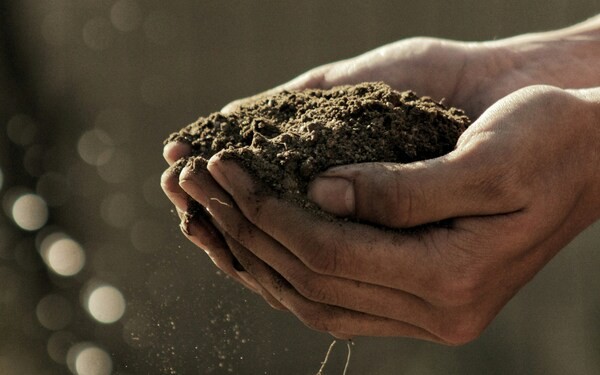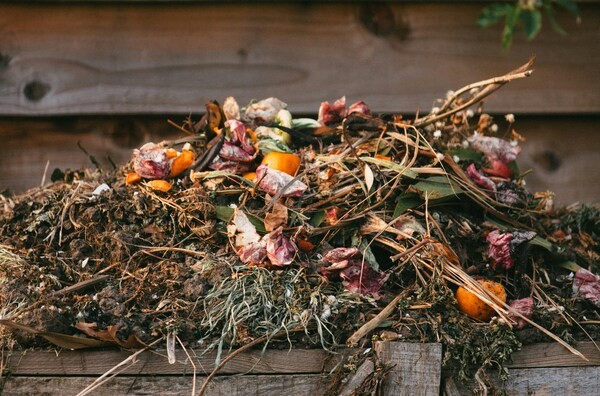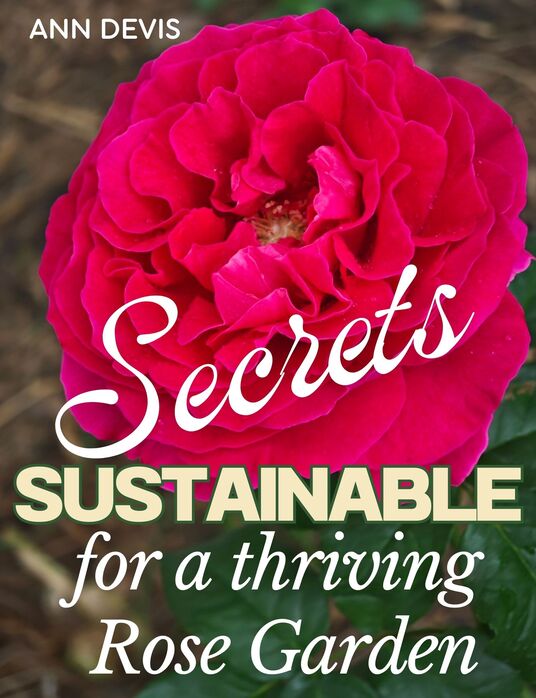Roses captivate us with their brilliant hues and heady fragrance, but behind every spectacular bloom is a foundation of well-nourished soil. One of the most eco-friendly and efficient ways to give your roses the boost they need is by using compost. This naturally rich fertilizer feeds your plants, enhances soil structure, and fosters beneficial microbial life.
The Natural Compost Advantage
Compost results from decomposed organic matter—think kitchen peelings, garden trimmings, and fallen leaves. As it breaks down, it gradually releases nutrients like nitrogen, phosphorus, and potassium into the soil. This slow-release feeding method supports vigorous rose growth and improves soil texture and drainage while inviting earthworms and helpful microorganisms to thrive.
Step-by-Step: Nourishing Roses with Compost
Soil Preparation
Start by gently loosening the top 2–3 inches of soil around your rose bushes. This simple step allows the nutrients to seep in and work their magic.
Mulching Application
Spread a 1–2 inch thick layer of compost around the base of each rose bush, ensuring you keep it a few inches away from the stem. This layer helps retain moisture and steadily releases nutrients, all while acting as a natural weed suppressant.
Soil Integration
Mix compost directly into the soil at roughly a 1:2 ratio (compost to soil) for new plantings or early spring care. This blend provides an ideal foundation for root development and robust growth.
Monthly Top Dressing
Throughout the growing season, lightly top-dress your roses with an extra sprinkle of compost every 4–6 weeks. This ongoing treatment ensures your roses have a steady supply of nutrients at their roots.
Boost with Compost Tea
For an added burst of vitality, try making compost tea. Simply steep a shovelful of compost in water for 24–48 hours, strain the liquid, and use it as a gentle, nutrient-rich watering solution that enhances soil biology.

Why Choose Compost for Your Roses?
- Enhanced Blooming: A steady nutrient release encourages more buds and fuller blooms.
- Stronger Roots: Healthier, deeper roots mean better plant stability and disease resistance.
- Improved Soil Conditions: Better moisture retention and aeration create a thriving environment for your roses.
- Sustainable Gardening: Compost is an eco-friendly choice that minimizes the need for chemical fertilizers.
Crafting Your Own Natural Compost at Home
Creating your own compost allows you to provide your roses with tailor-made, organic nutrients while keeping your garden sustainable and cost-effective.
What You’ll Need
- Nitrogen-Rich Greens:
- Fruit and vegetable scraps, fresh grass clippings, used coffee grounds, non-plastic tea bags, and plant trimmings.
- Carbon-Rich Browns:
- Dry leaves, straw, shredded newspaper or cardboard (avoid colored inks), and wood chips.
- Avoid These Items:
- Meat, bones, dairy, pet waste, oily foods, and diseased plants can invite pests and harmful pathogens.

How to Build a Healthy Compost Pile
Choose Your Setup:
Whether it’s a dedicated bin, a tumbler, or an open pile in a shaded spot, ensure your compost has good airflow and can maintain proper moisture levels.
Alternate Layers:
Build your pile by layering browns and greens. Start with a layer of dry leaves, add a layer of kitchen scraps or grass clippings, and repeat.
Keep It Moist:
The ideal compost pile should feel like a wrung-out sponge—damp but not soggy. Adjust moisture by adding water or extra browns as needed.
Aerate Regularly:
Turn your pile weekly with a pitchfork or compost aerator to introduce oxygen, which speeds up decomposition and helps prevent odors.
Monitor and Wait:
Compost is usually ready in 1–3 months in a well-managed pile. Finished compost will be dark, crumbly, and exude an earthy aroma.
Speeding Up the Composting Process
For gardeners eager to see results faster, here are some extra tips:
Chop Materials Small:
Cutting down large pieces speeds up their breakdown.
Balance Your Ingredients:
Aim for a roughly 2:1 ratio of carbon-rich browns to nitrogen-rich greens to keep the process balanced.
Regular Turning:
Aerate the pile 1–2 times weekly to maintain an oxygen-rich environment.
Add Natural Activators:
A splash of finished compost, a handful of garden soil, or some aged manure can introduce microbes that accelerate decomposition.
Keep It Warm:
A warm pile (ideally between 55°C and 70°C or 130°F–160°F) works faster. Position your compost in a sunny spot and consider insulating it during cooler periods.
Consider Compost Accelerators:
Organic compost starters can further boost microbial activity, helping to break down materials even more quickly.
Frequently Asked Questions
While compost supplies essential nutrients, some heavy-blooming roses might benefit from an occasional supplement with organic rose fertilizers during peak seasons.
It’s best to compost them first. Unprocessed scraps can attract pests and potentially harm your plants.
Yes—if it’s fully decomposed and well-balanced, your roses will thrive on homemade compost.
Not necessarily. You can layer new compost over existing mulch or mix them to rejuvenate your garden bed.
Want more gardening tips? Subscribe to our newsletter for monthly advice straight to your inbox!




